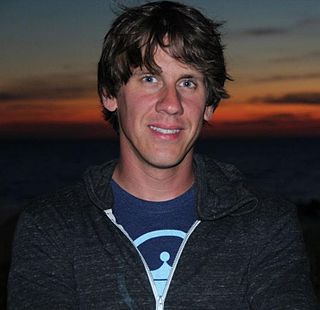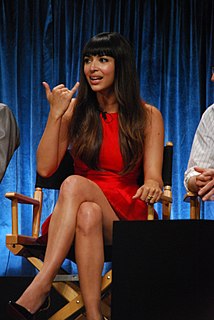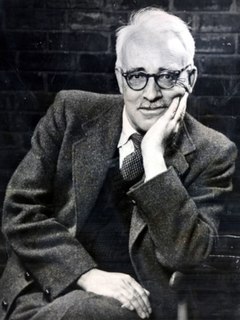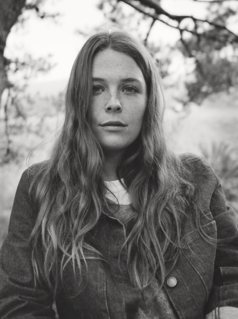A Quote by Neal Stephenson
We see everything from the narrator's point of view, so exposition about the world is limited to what impinges directly on him and the story he's telling. Considering how old the world is, we learn very little about its history, which I think is a good thing.
Related Quotes
Early on, I settled on the first-person strategy as a way to deal with exposition and world-description issues. As long as the book is, it could have been far longer had I gone with an omniscient third-person narrator, or multiple point-of-view characters, since either of those would have enabled me to impart much more detailed information about the history and geography of the world.
I'm a strong believer in telling stories through a limited but very tight third person point of view. I have used other techniques during my career, like the first person or the omniscient view point, but I actually hate the omniscient viewpoint. None of us have an omniscient viewpoint; we are alone in the universe. We hear what we can hear... we are very limited. If a plane crashes behind you I would see it but you wouldn't. That's the way we perceive the world and I want to put my readers in the head of my characters.
Why is it, that there's no movies, very little very little attention about the greatest Holocaust in the history of the world which was the Holocaust against Christians by the Soviet communism.And that's my point. We have a controlled media today that talks about the Holocaust, but they don't talk about the death and destruction of tens of millions of Christians...Which was a bigger Holocaust.
The thing that helps me do a good job is that I don't feel the need to explain everything about the world to my reader. I'm not writing a history text on the Four Corners. I'm telling a story that's set there. The setting belongs in the background for the most part, and it's easy for fantasy authors to forget that. That's one of the unfortunate parts of Tolkien's legacy, in my opinion. Read the first hundred pages of the Fellowship of the Ring and you start to get pissed, "Shut up about the Shire's museums! Isn't the world supposed to be in peril or something?"
With all the movies I've made about history, it's not really fun because you're trying to get it right. You've got history telling how it was, and then my imagination is telling me how I wish it had been, but I can't go there, so I have to censor myself. I'm very good about stopping myself from creating history that never occurred, but it's frustrating.
Zhuangzi is especially insightful about the human pretension to know. The Zhuangzi tells a story about a frog who lives in caved-in well. Because he is the lord of this little world of his, king of the pollywogs, he is very proud of himself. But he doesn't know how small his world is until a turtle comes and tells him about the vastness of the sea. We human beings are like the frog, not realizing how little our worlds are.
I don't think there's a right or wrong things in your style. It's about how you clearly reflect who you are; how you more clearly tell the story. Who are you? How do you want to transmit that to the world, and how do you more clearly say that? Then I have a philosophy, FFPS: fit, fabric, proportion, and silhouette. Proportion's everything, really, knowing your body and understanding that. Those things have been really crucial for me. It's about being clear about the story you want to tell to the world about who you are - and maybe a little bit of FFPS.
There are three necessary elements in a story - exposition, development, and drama. Exposition we may illustrate as "John Fortescue was a solicitor in the little town of X"; development as "One day Mrs Fortescue told him she was about to leave him for another man"; and drama as "You will do nothing of the kind," he said.
We have to get the federal government out of the business of educating our kids and telling us how to do it. But when you look at how we are failing our kids and how the story that they hear about the United States and about the role we've played in the world and our role as the defender of freedom for millions across the world throughout history, you know, they aren't being prepared to stand up and work and fight and defend this nation.
How you prepare for a role is entirely your business in my point of view. There is little enough mystery anymore left in the world in the part of our profession, which should be clouded in mystery because it isn't in the public. You don't want the magician to show his tricks or how he did them do you? So I do think that is a very private thing that we actors should protect ourselves from.





































